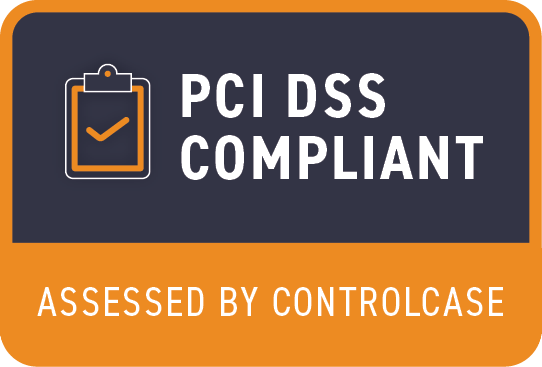Seemingly overnight, normal activity was turned upside down for companies across the world. The effects of the Coronavirus outbreak forced business leaders to rethink all kinds of strategies, methods, and ways of adapting to change.
While reactions differed across areas and industries, most of those affected in the business sector were divided into two groups.
The first group were those who were unable to adapt. This group viewed everything that was happening around them as temporary–an emergency that would soon be over. Afterwards, they assumed, life would return to normal.
Based on this assumption, they ignored the profound shift taking place in the working world: a digital transformation that will only continue and evolve long after the crisis has ended. (This group unfortunately chose to sacrifice months of business opportunities!)
The adaptive team worked flexibly, taking advantage of the opportunity to pursue digital transformation, which in turn opened up a new world of technologies that save time, effort and costs. Their company grew more flexible and effective than before, and so this team was able to manage the crisis effectively– as well as use the challenges of the pandemic to discover new possibilities for business growth.
How Can Companies Prepare for the Next Stage?
The digital transformation and the world that we see today is only a test version of what we can expect to develop in the future. Yes, it may be possible for the situation to return to the way it was before the pandemic, but will time stop?
The good news here is that it is not too late to take advantage of the current situation as they develop business growth plans. Entrepreneurs and corporate leaders can still work on strategies and plans to prepare for the next stage. Planning can include:
- Analysis of the current situation: The current situation is new to everyone, not just your business. For this reason, it’s an excellent opportunity to study your market situation, market segmentation, and competitors’ strategies. What are their response plans? How are companies in your business sector reacting to the crisis? Are there new opportunities available to you as a result? .
- Corporate Identity: How did your company deal with the crisis? Have you interacted with your audience and tried to understand their demands? Or have you stopped working and neglected digital activity? The nature of a company’s reaction during this crisis is a key factor in determining its identity after the crisis.
- Business improvement and development: improvement does not necessarily mean radical change. However, since the crisis as a whole has greatly affected business identity and culture, make sure to improve your company’s current situation, by highlighting real value and providing it to customers. This value could be in the form of support, new services, improved methods of communication, etc.
- Setting goals: We are already facing a confusing situation, and not having clear goals during this stage is an additional source of confusion. So define your goals during this stage. What should you do today in order to achieve your goals tomorrow?
- Strike a balance: Find the intersection between what you want to achieve, and the resources available to you right now. Then, invest your energy and accordingly.
The COVID-19 crisis is not the end of the world, and change is something that humans have been facing since prehistoric times. What is new is that we are facing an incredible acceleration in the process of change. To face those changes successfully, define your company’s development and growth plans using the steps above, and boldly implement the needed changes in your business.





